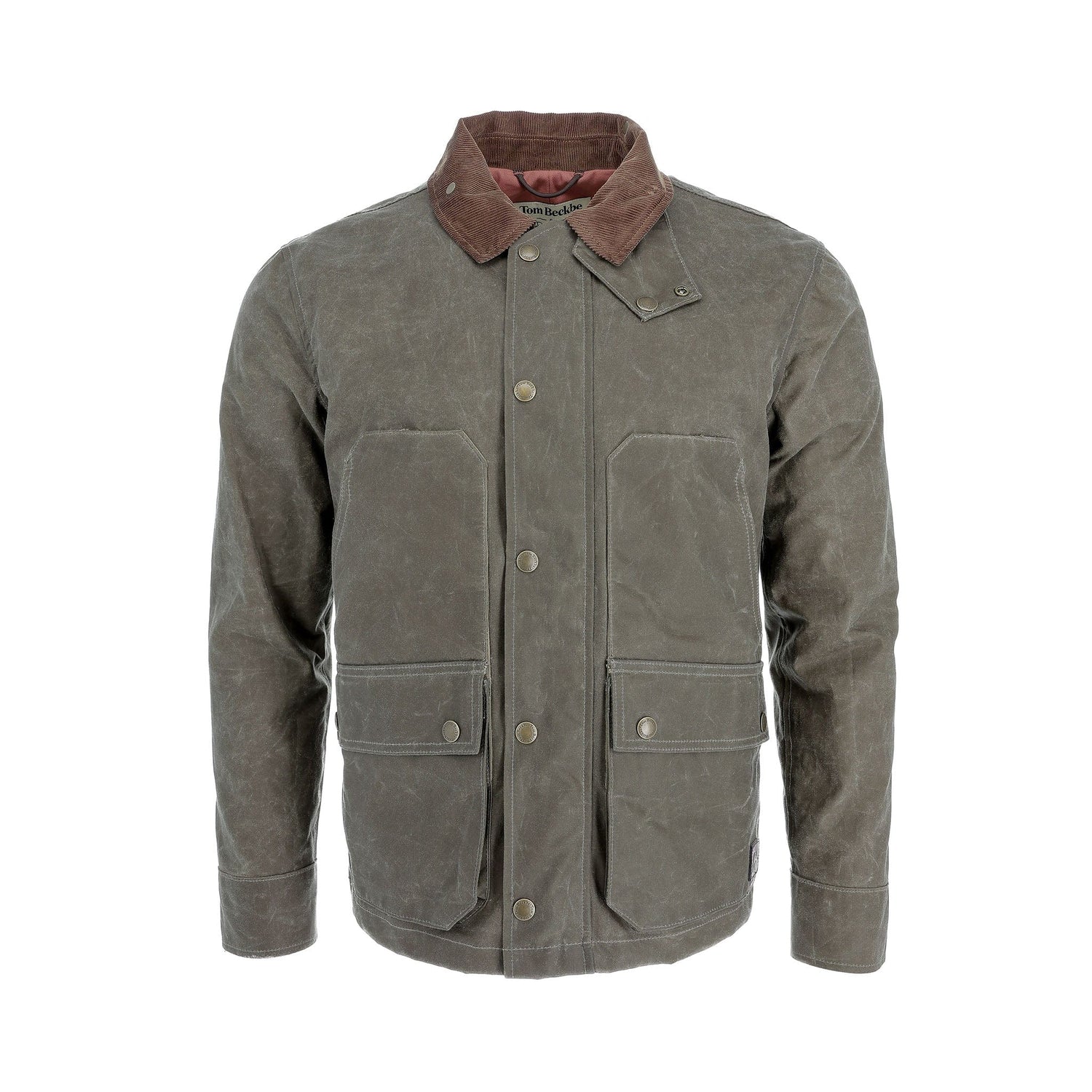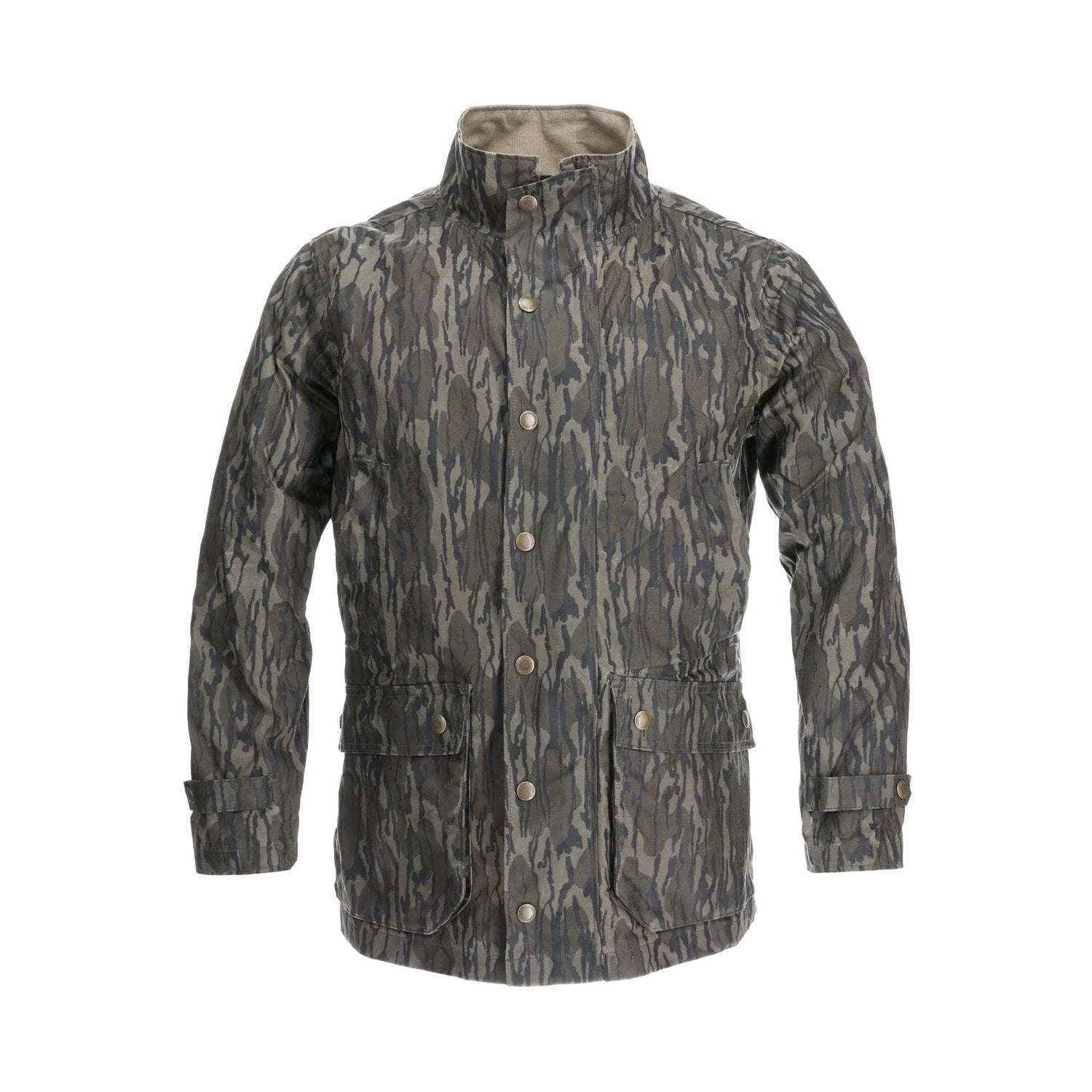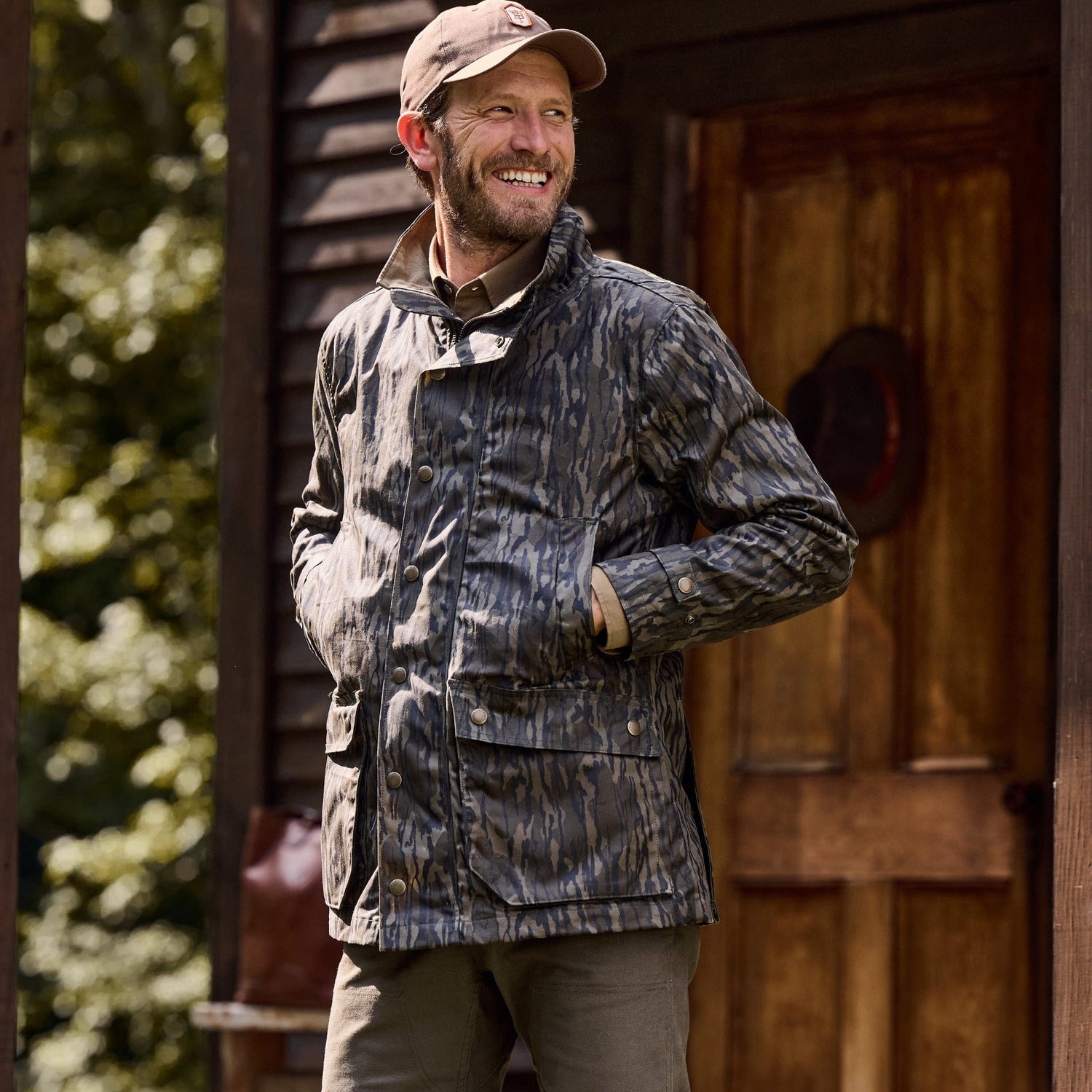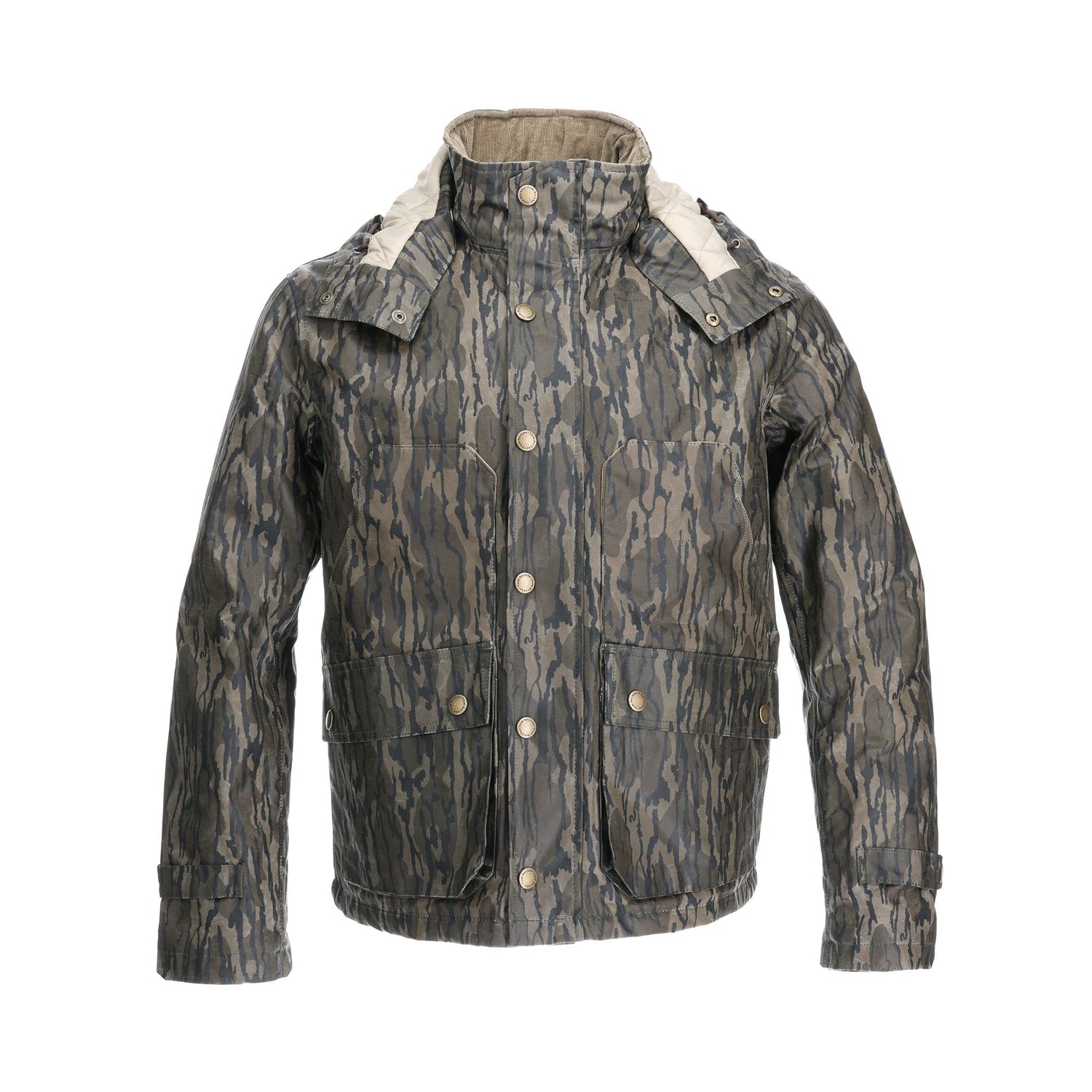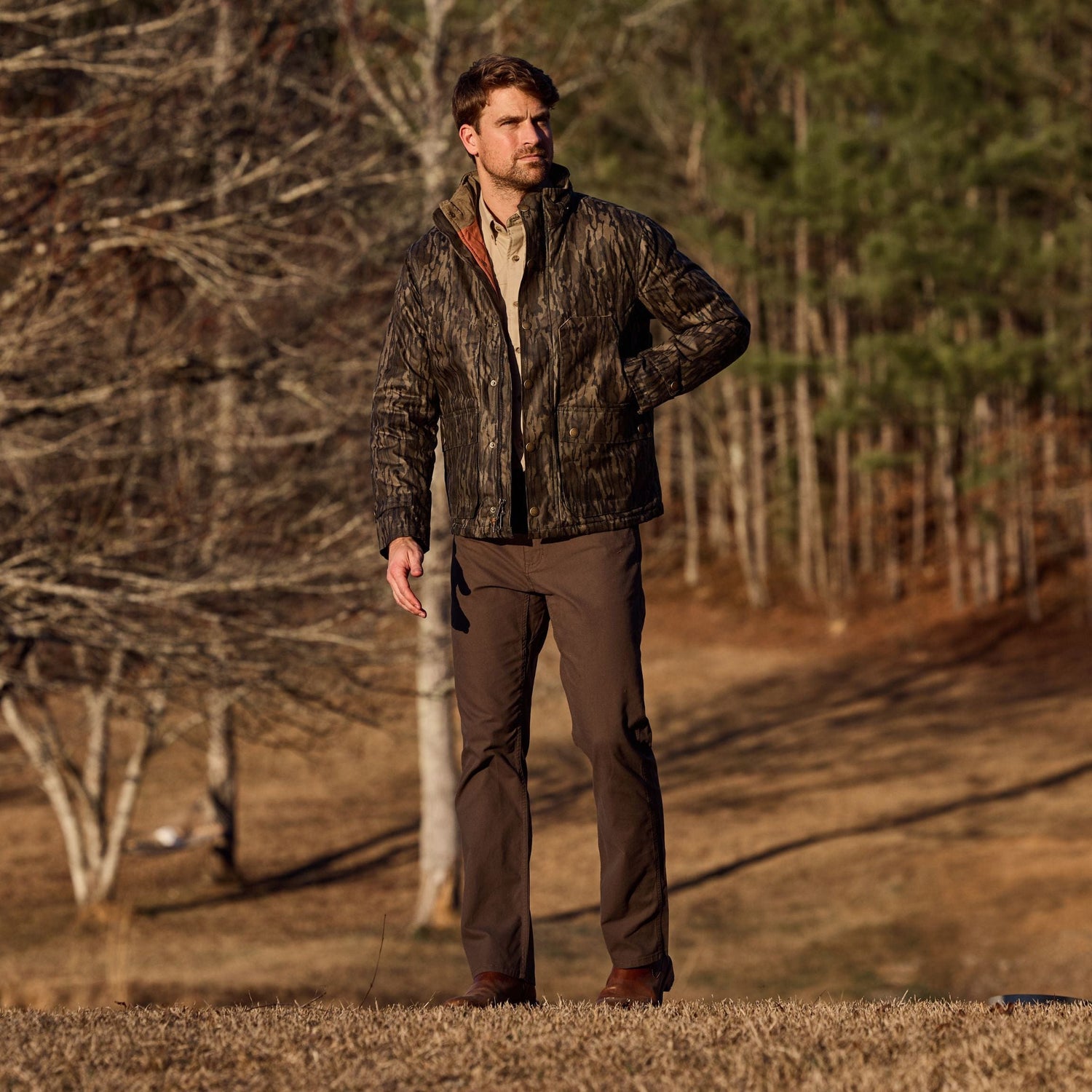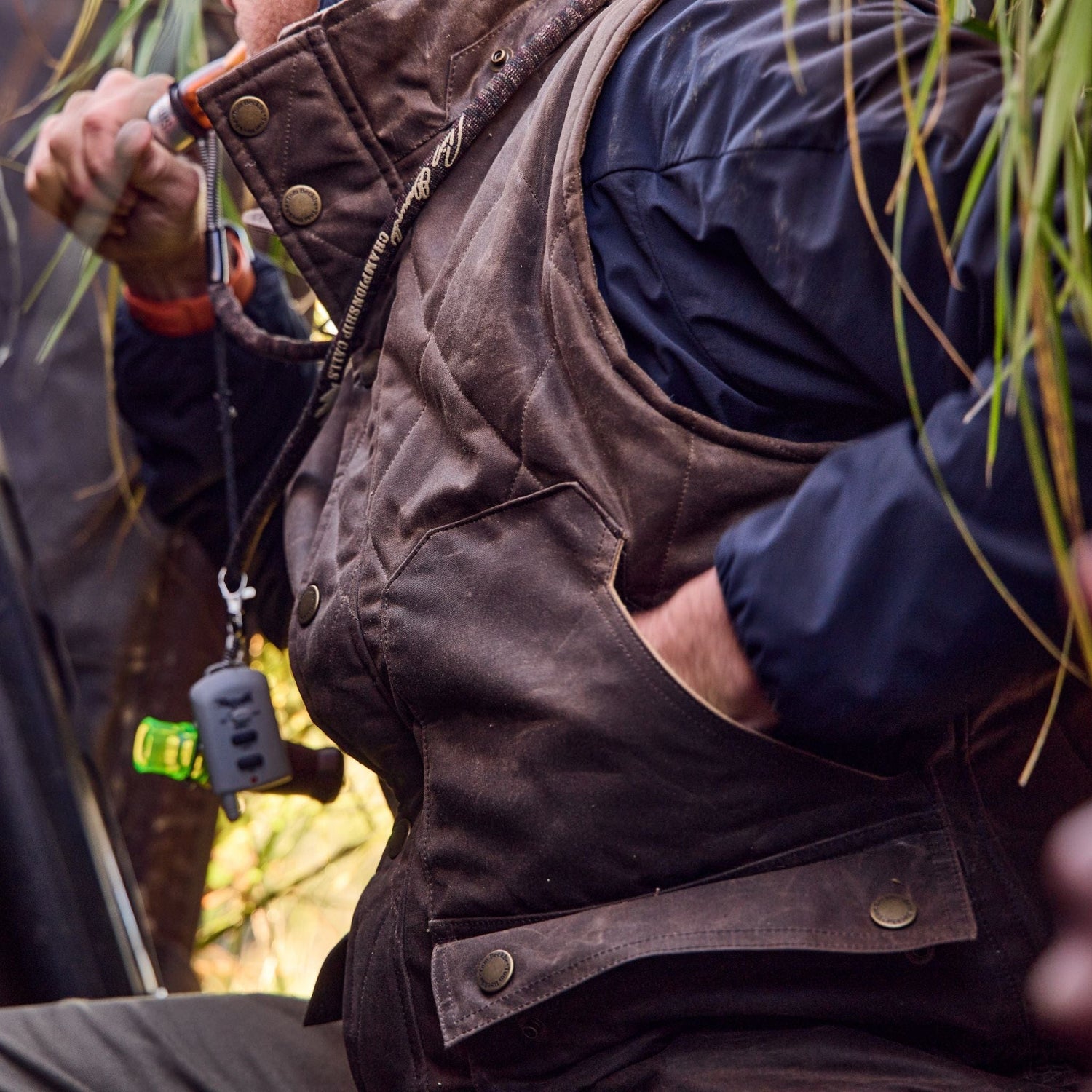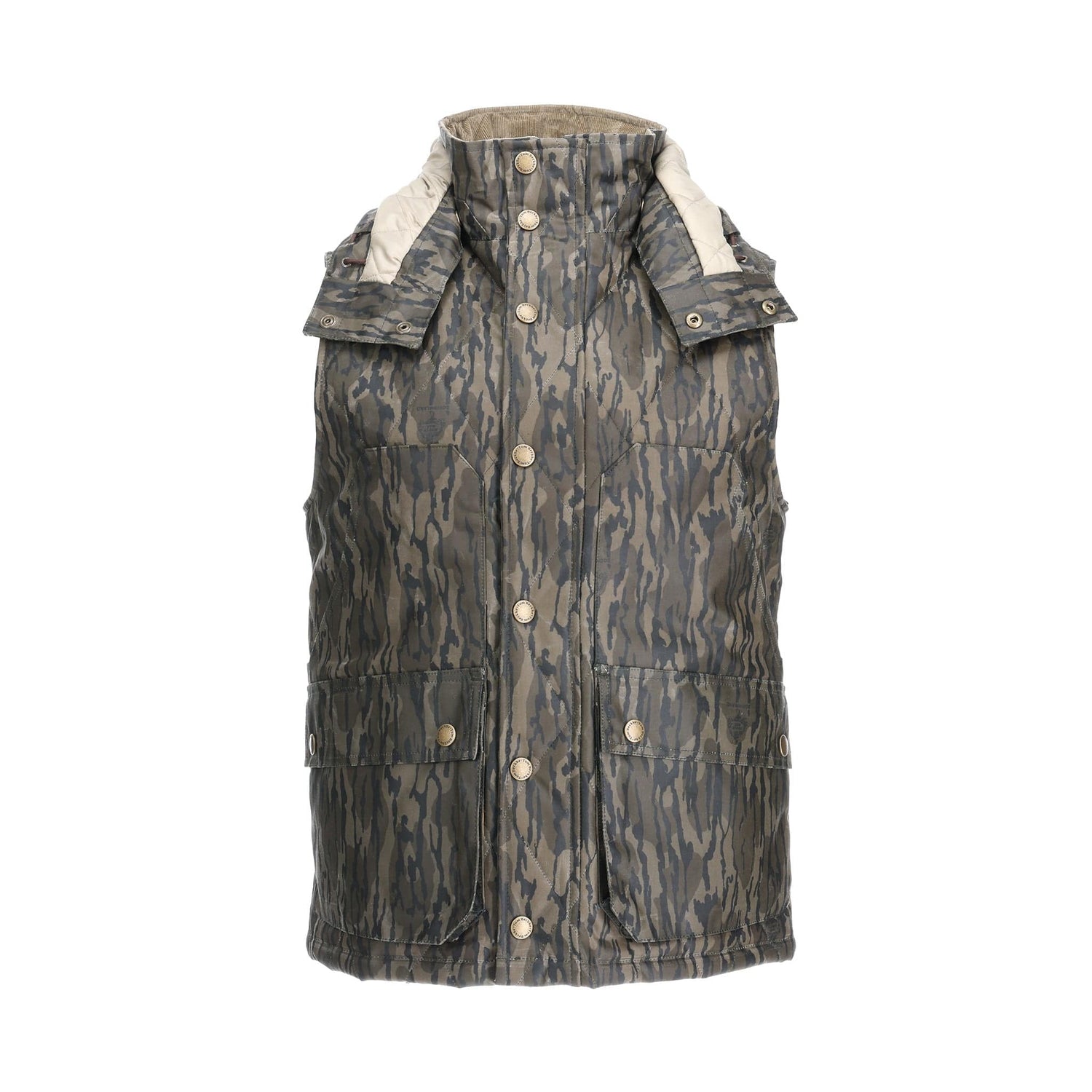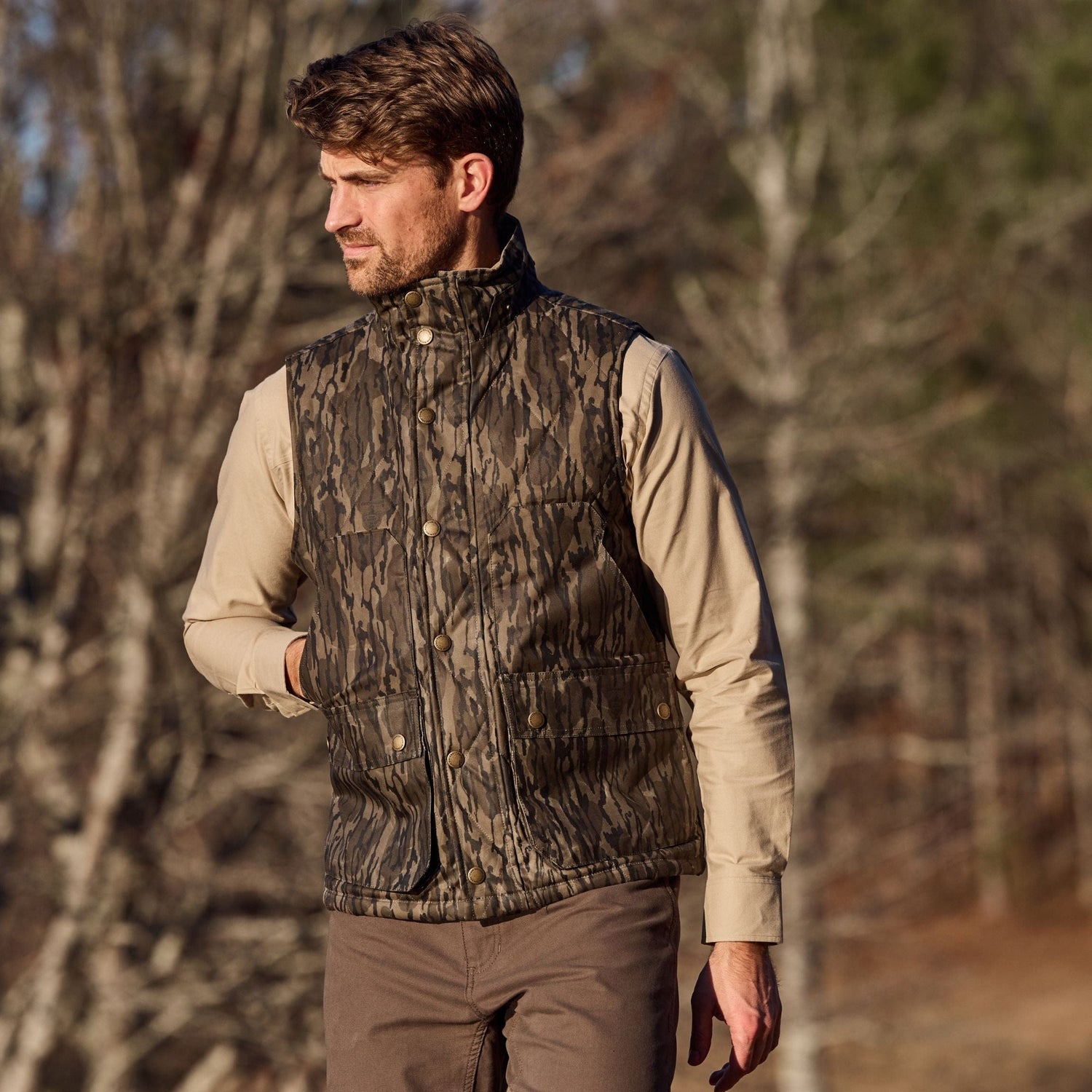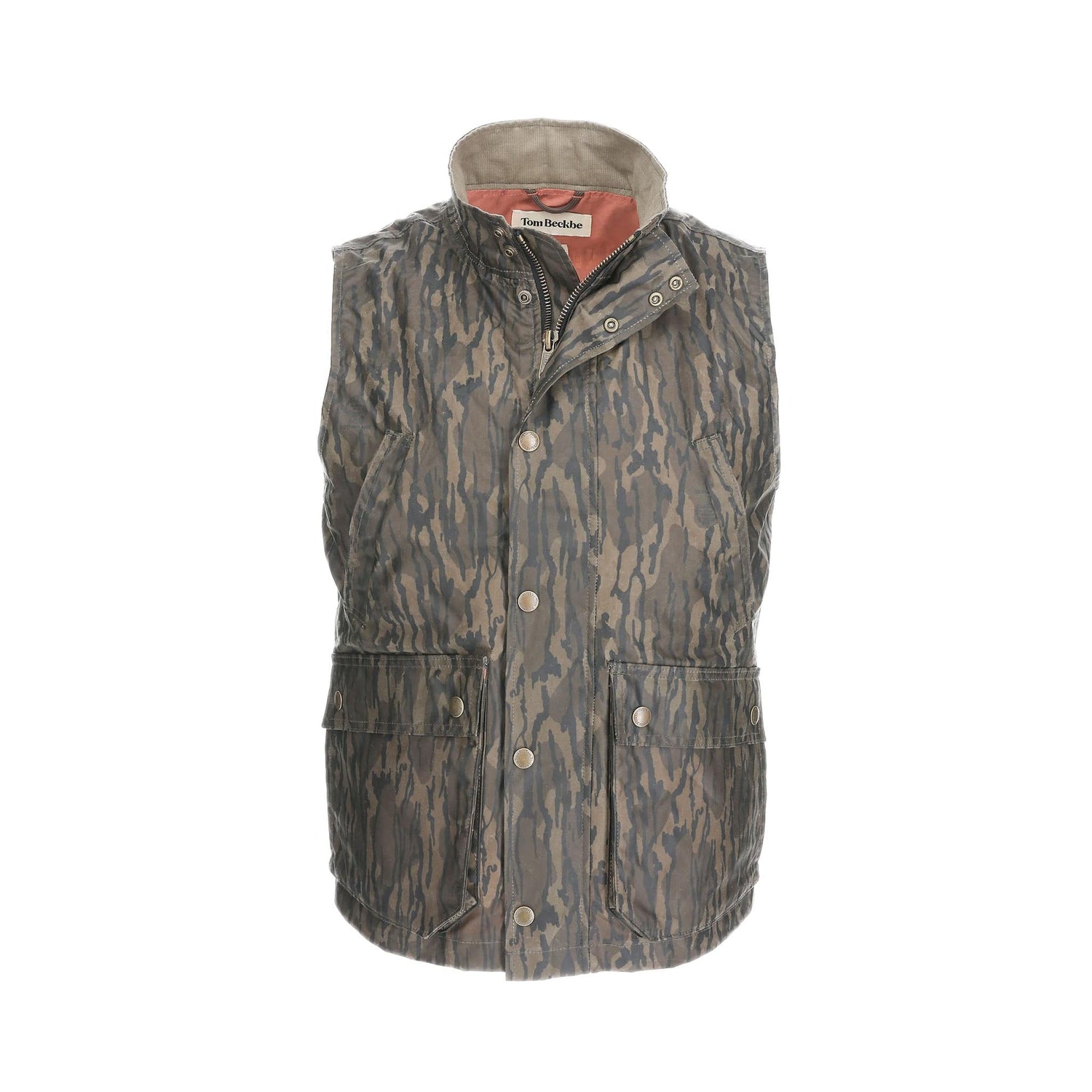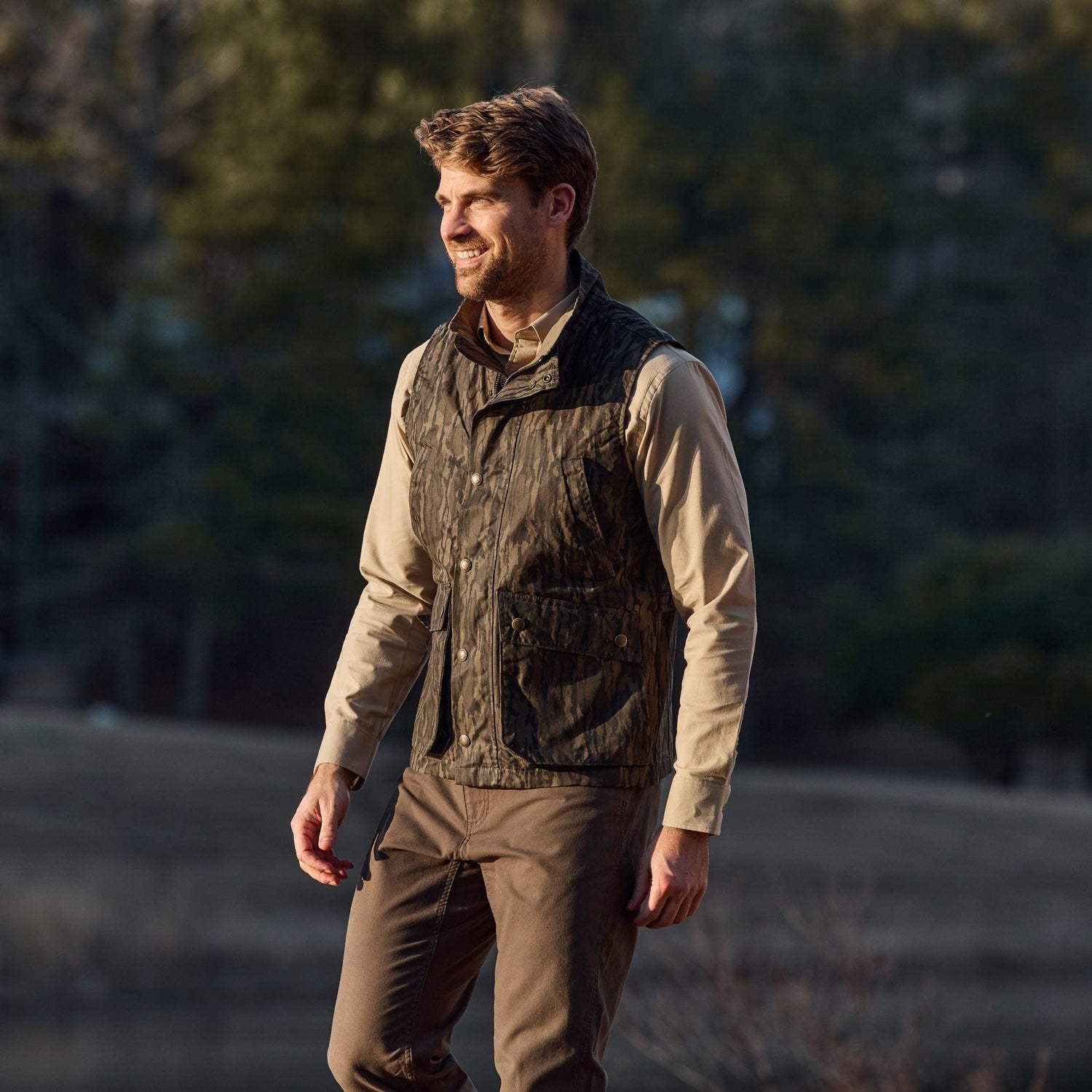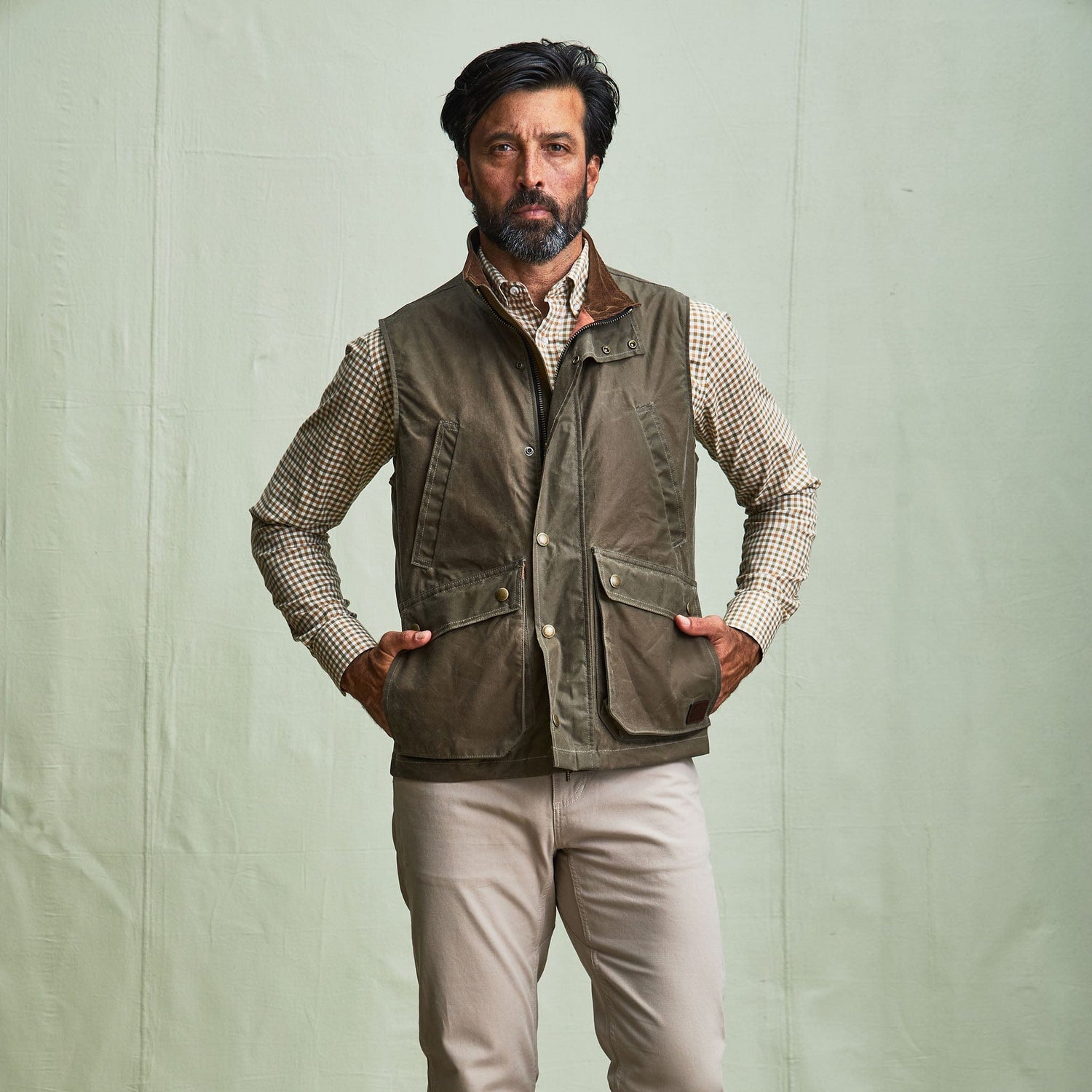I have a friend who’s a chef. A good one. World-class. He’s worked at restaurants you’ve heard of, restaurants with Michelin stars and year-long waitlists.
Chef has taught me about staging (pronounced STAHJ-ing), which he did for years and still occasionally does. It’s a type of apprenticeship exclusive to cooking, in which an aspiring chef shows up at the back door of a restaurant in the morning, knife roll in hand, and asks to come in and work.
For free.
For 12 to 16 hours.
Chef has staged around the world, looking over the shoulders of chefs whose names appear on James Beard lists and New York Times articles.
To watch Chef in a kitchen is to witness a master at his craft. Before we drove north from Minneapolis to my cabin in Central Minnesota, he grabbed a two-year-old venison neck from my freezer, picked onions, kale, and carrots from my near-dormant garden, and asked if we had any beer at the cabin (an unnecessary question).
We got to the cabin a couple hours later, threw open the shutters, got a fire going in the hearth, and before I knew it he was braising the doe’s neck in beer. He messed with that pot off and on that afternoon and evening and the next morning, performing culinary hocus-pocus. Twenty-four hours later we enjoyed a soup with melt-in-your-mouth meat from a cut that most whitetail hunters throw away.
He'd come from his tiny home in the San Juan Mountains of southwest Colorado for a week on our land, on the limen between deciduous and coniferous biomes, because our spouses were on an annual women’s weekend to the North Shore of Lake Superior. In spite of my pestering, he did not buy a non-resident small game license. He just wanted to walk, he said, to follow along as my yellow Lab, Crosby, and I hunted ruffed grouse. To stage, as it were.
On the 276 acres of family paradise that I’m fortunate to co-own, we’ve got a few miles of trails cut through the woods. Some pass through areas of white and red pine, unlikely to harbor a grouse. But a decade ago, we logged off forty-two acres of aspen and sold the wood to a paper mill in Grand Rapids, Minnesota. Now those acres, regrown, are exceptional grouse habitat.
In the first forty-five minutes of our first hunt, Crosby bolted off into the woods. I heard the tell-tale drumroll of a grouse taking flight, dodging through an aspen thicket like a Blue Angel jet. Chef, ten paces behind me, oohed and aahed at the various mushroom varieties he can’t find in the dry altitudes of the mountains.
In a small clearing loggers had used to stage their haul, Crosby hit the brakes, stuck his nose in the air, then barreled into a tangle of aspen. A grouse launched itself in a blur. I shouldered my over-under and fired. In the subsequent quiet came the sound of the dying bird’s wings beating against the forest floor, slowing to a stop. Crosby had the quarry back to me in a few heartbeats.
I took the ruffie, spun on my heel, and handed it to Chef. His eyes were wide, his mouth agape. He’s killed and butchered cows, goats, and lambs. His hands have held dead animals of all sorts. But he held this little woodland grouse as though I’d handed him a jewel.
“That was amazing. Great shot,” he muttered, not looking up from the bird in his hands. I took it from him and put it in the back of the blaze orange game vest I’d given him to wear.
“You carry it,” I said.
“Can I pluck it?” he asked.
“Its skin is pretty thin. But you can do whatever you want. It’s yours,” I replied.
He did pluck it, and he examined its crop, full of shelled acorns and aspen leaves. He also plucked the other two grouse and the duck I shot that weekend. He gutted them and kept their organs. He hung them by their feet in the porch.
I shoot a lot of birds each year, in the mid-double digits. I tend to clean even more since I ridicule my hunting buddies who lazily breast out birds, and hence get tasked with cleaning theirs, too. The bird cleaning can get tedious, to the point that late in the season I can come to dread it, even resent it.
So seeing the wonder in Chef’s eyes, the way he cradled the birds in his hands, the time he took to pluck them, the care with which he cooked them – it reminded me of why I hunt, of what a gift it is to have this land, this dog, these birds. May I never take them for granted.
Thanks, Chef.
About the Author
Tony Jones is the author of The God of Wild Places (forthcoming, 2024). He's a theologian, professor, and award-winning outdoors writer, the author of a dozen books, and the host of the Reverend Hunter Podcast. Tony lives in Minnesota with his wife and dogs.
Photograph by Courtney Perry.





